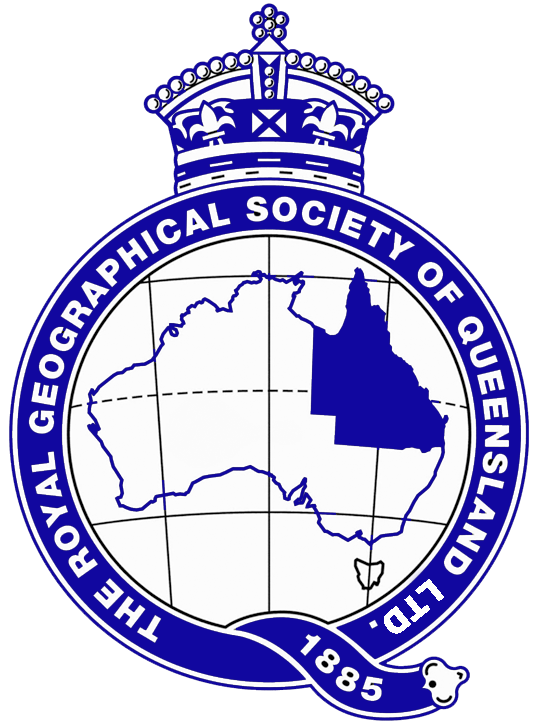Presenter: Dr Lisa-Ann Gershwin

Dr Lisa-ann Gershwin is a biologist based in Launceston, Tasmania, who has described over 200 species of jellyfish, and written and co-authored several non-fiction books about Cnidaria (jellyfish and allies) including Stung! (2013) and Jellyfish – A Natural History (2016). She provides independent advice related to jellyfish worldwide to the media, online and via The Jellyfish App. Lisa was awarded a Fulbright Scholarship to Australia, and awarded a PhD from James Cook University in Queensland in 2005. She is currently pursuing another PhD at the University of Tasmania. Dr Gershwin will be joined in conversation by Alexandra de Blas.
Alexandra de Blas is an award-winning science journalist, broadcaster, film maker and communications professional. Her boutique consultancy, de Blas Communications, has a particular focus on the environment, climate change and agriculture. During the eight years she ran Earthbeat, ABC Radio National’s weekly environment show, she received gongs including the 3rd World Water Forum Journalist’s prize, Japan and the United Nations Association of Australia World Environment Day Award. She has a Bachelor of Science Degree and First Class Honours in Environmental Studies. The SBS Dateline on the controversy surrounding Alexandra’s thesis on the Mt Lyell Copper Mine received a Walkey Award and the Peter Hunt Eureka Award for Environmental Journalism.
Jellyfish. Cold. Jiggly. Spineless, brainless, with no visible means of support. Whether we wrinkle our nose in disgust or run with our arms flailing in the wind in fear, most of us react negatively to the sight of jellyfish. Considering how much time beach-loving Australians spend near the water, we are bound to interact with jellyfish at some point. And of course, some, like the world's most venomous animal, the deadly box jellyfish, and the Irukandjis, are well worth staying clear of. But is terrorizing humans the only arrow in their quiver?
In November and December 2024, and January 2025, southern Tasmania experienced a cascade of three unprecedented back-to-back blooms of jellyfish and related species, followed by an unprecedented bacterial outbreak, crippling of the Tasmanian salmon industry. Are these related? What lessons can we learn about a warmer future?
Some have suggested harvesting jellyfish. Is this a good idea? And what about the chocolate connection? Won't this be fun?
When: 13 May 2025
Time: 7:30 - 8:30 pm
Location: Zoom Only
Please note: The ZOOM link for this event is included in the confirmation email which you will receive once you have registered. You will find it at the bottom of the notice Please keep this in a place where you can find it when needed. A reminder email will be sent with the link on the day of the event close to Close of Business hours.
This event may be recorded. If you have any questions, please email us at info@rgsq.org.au.
